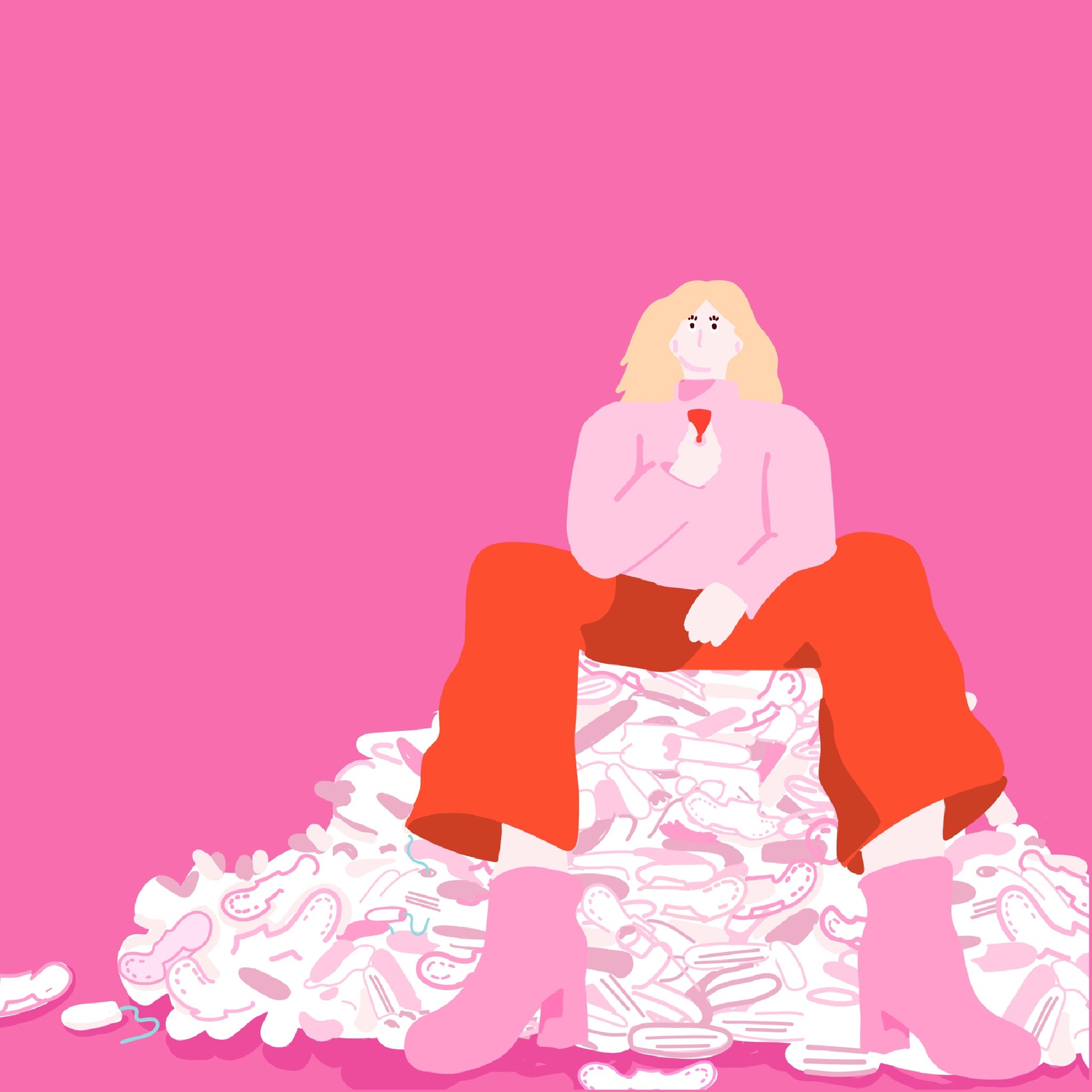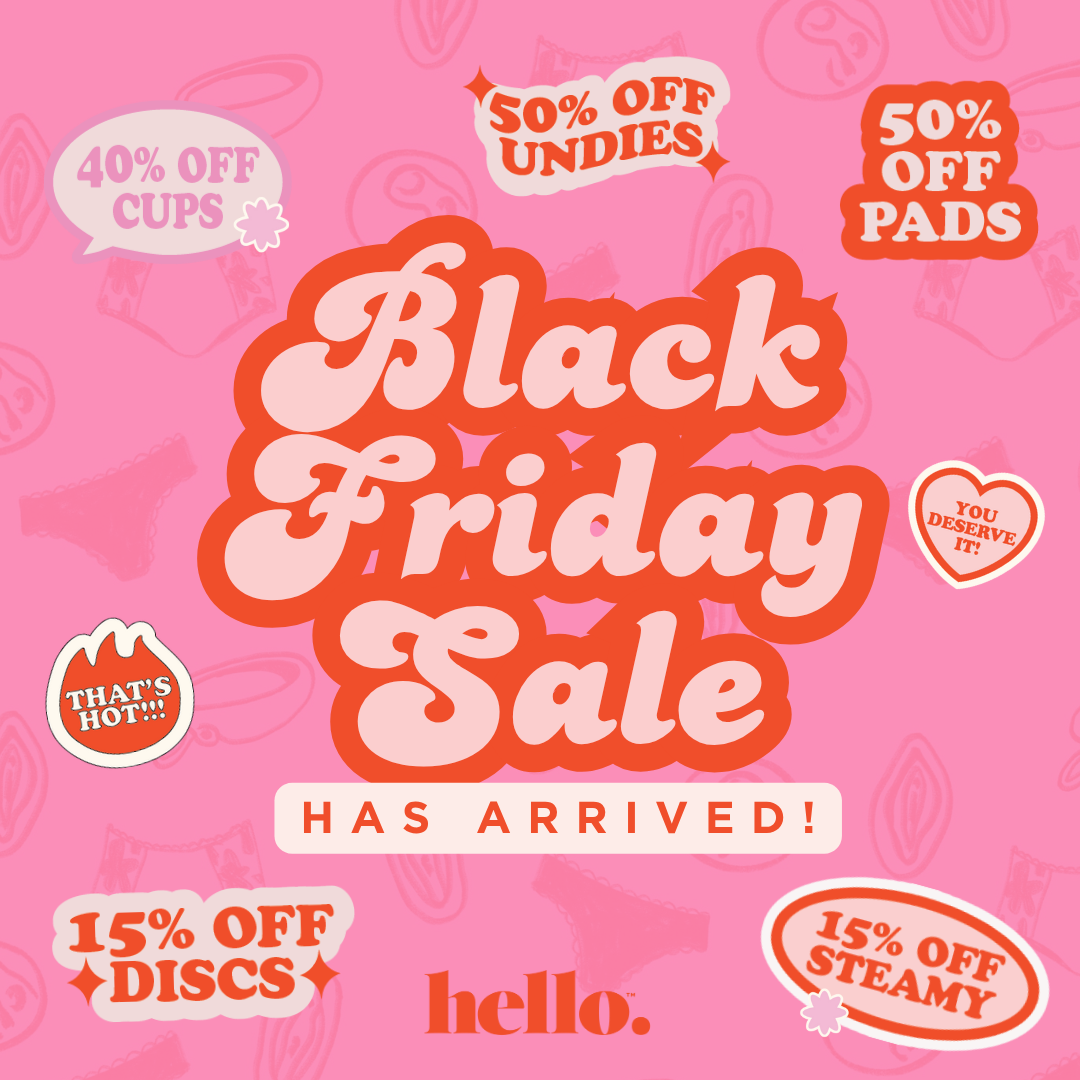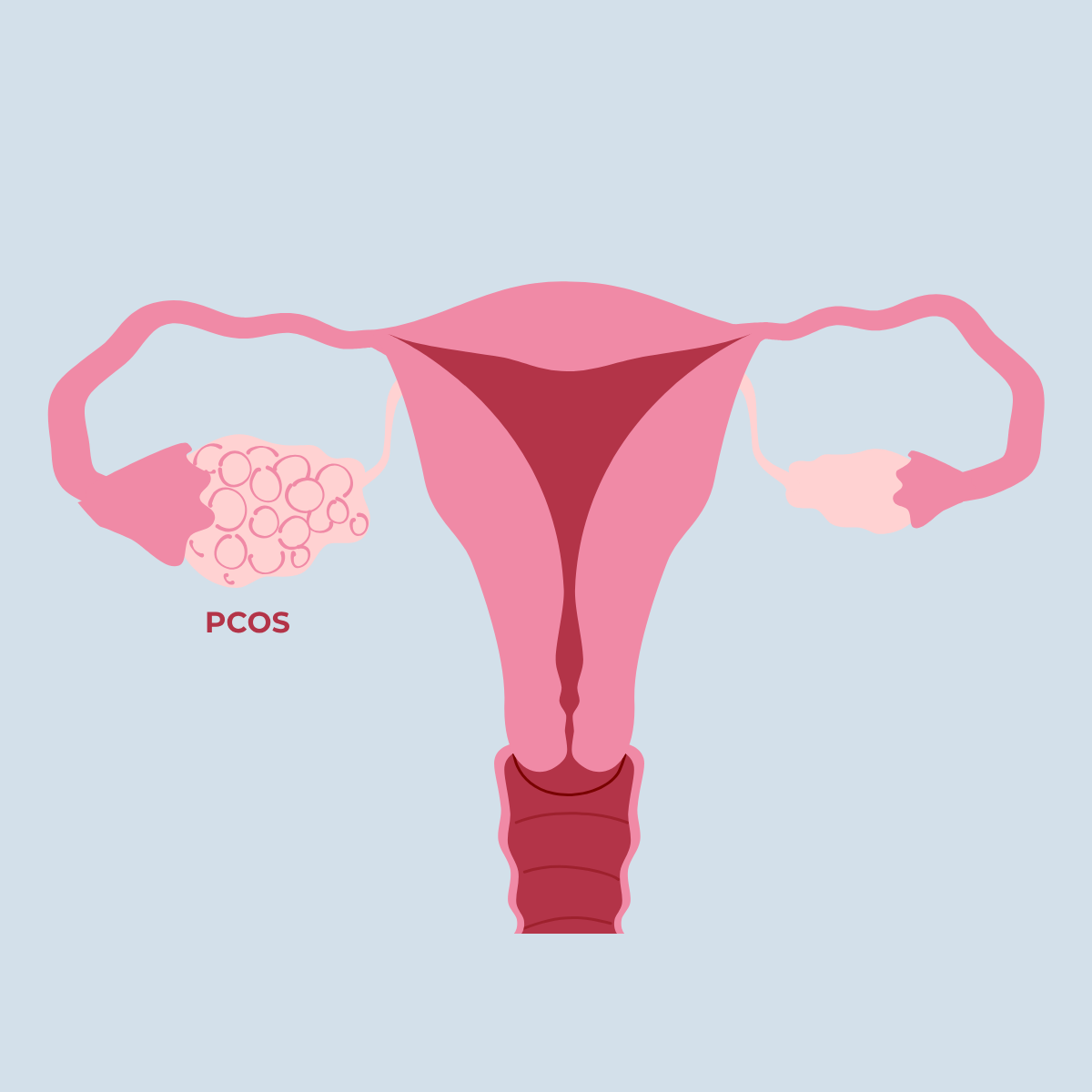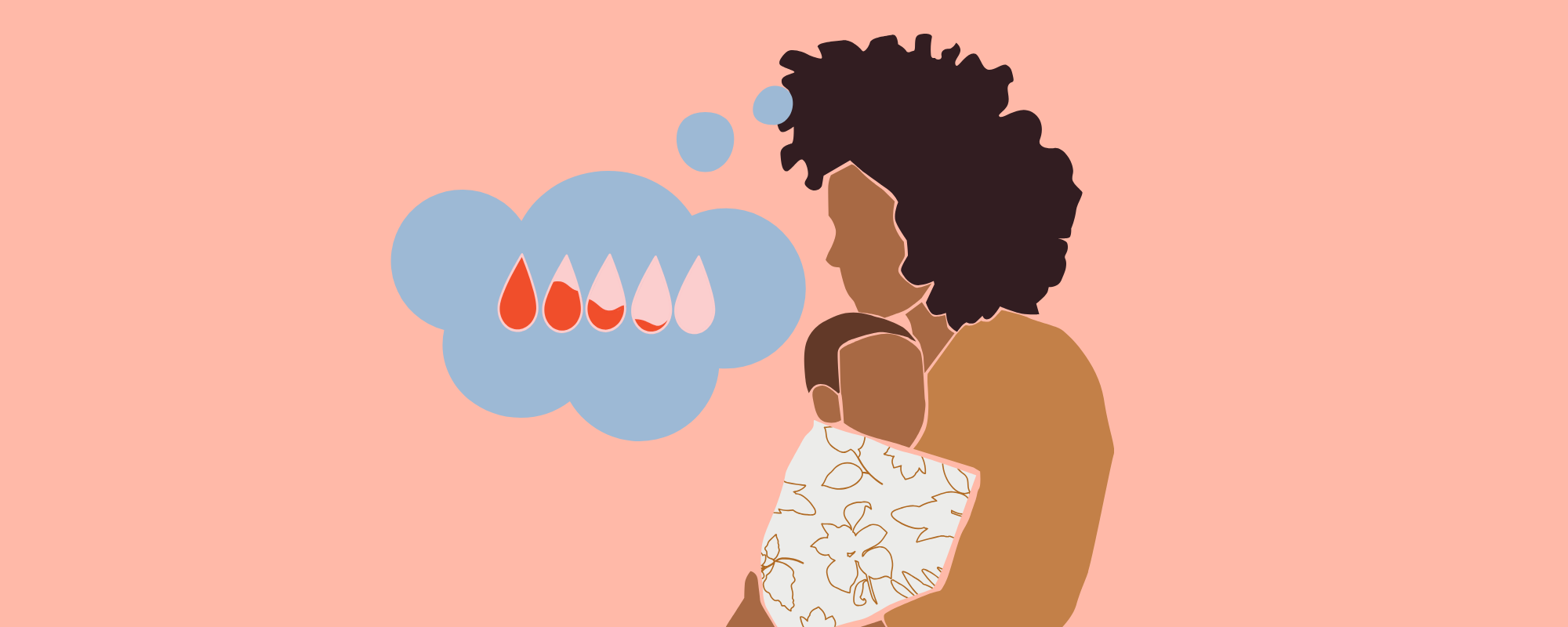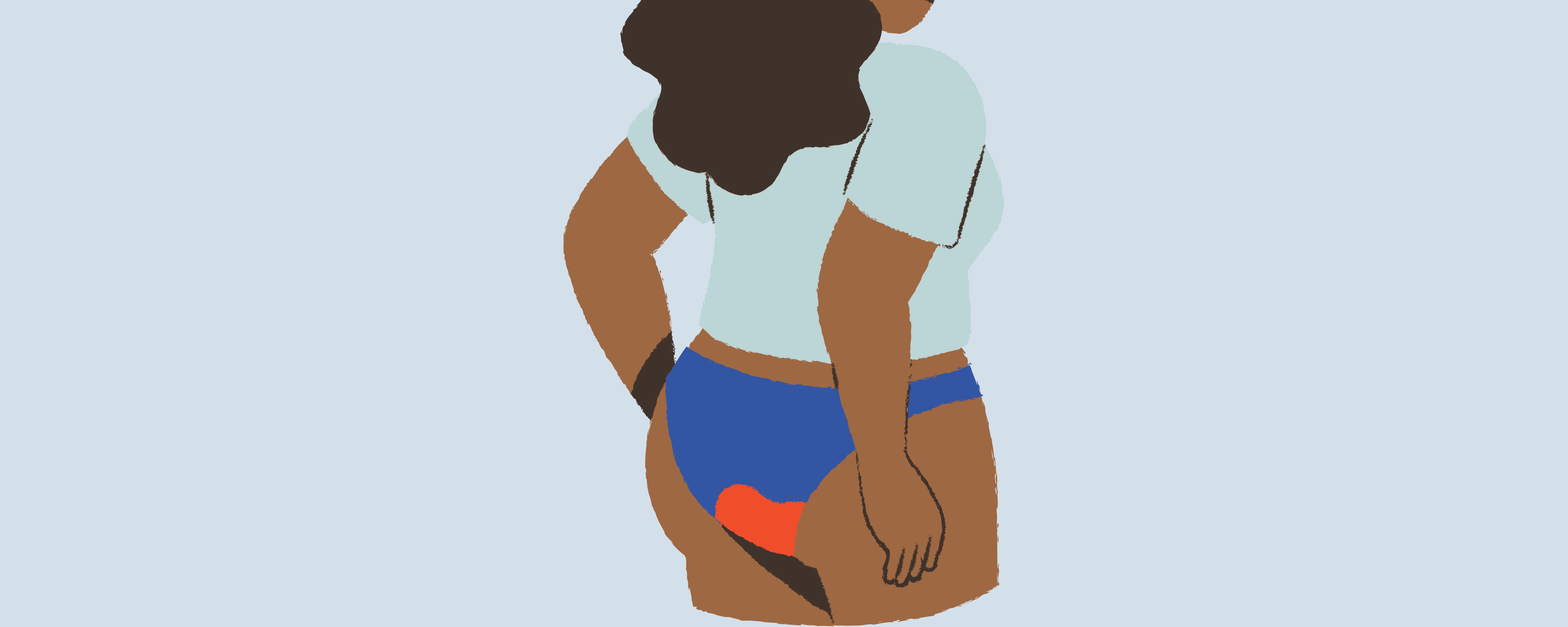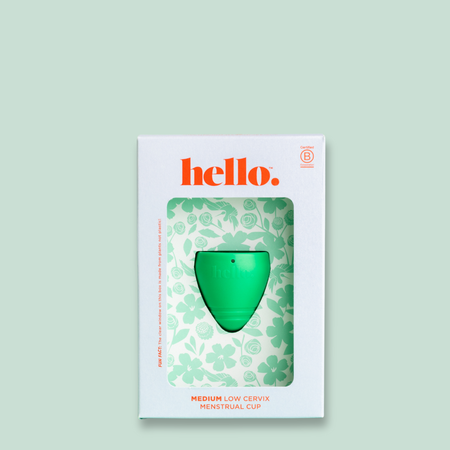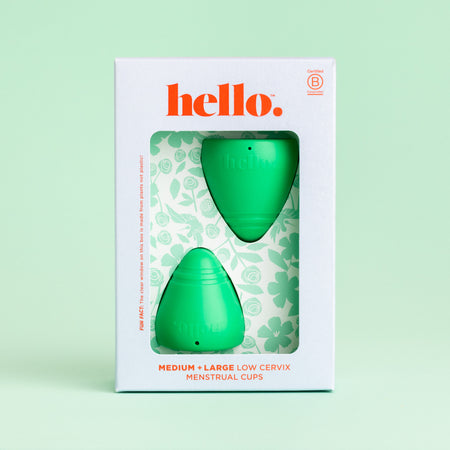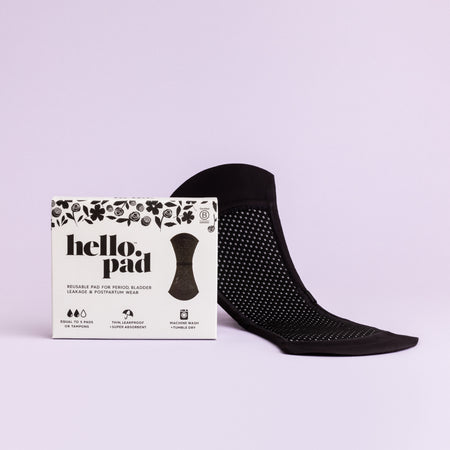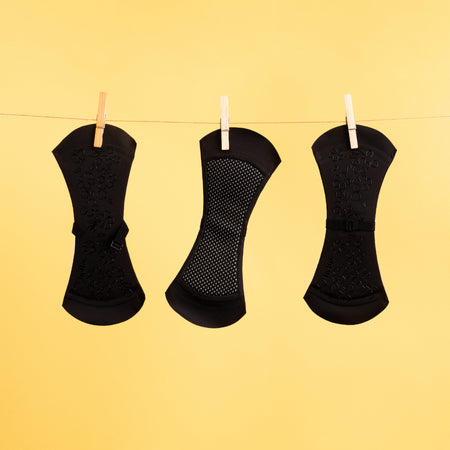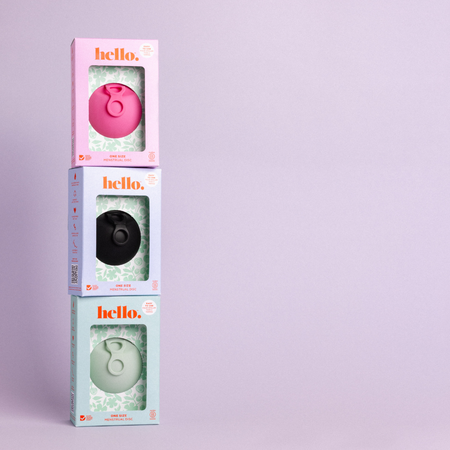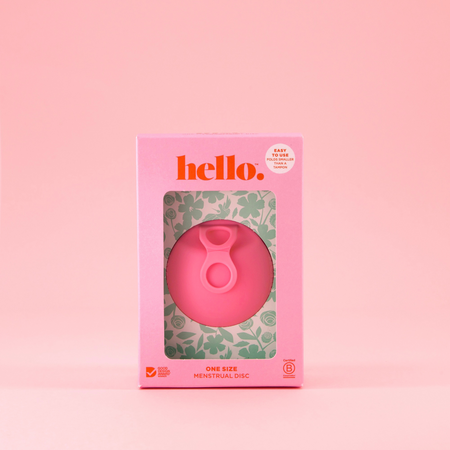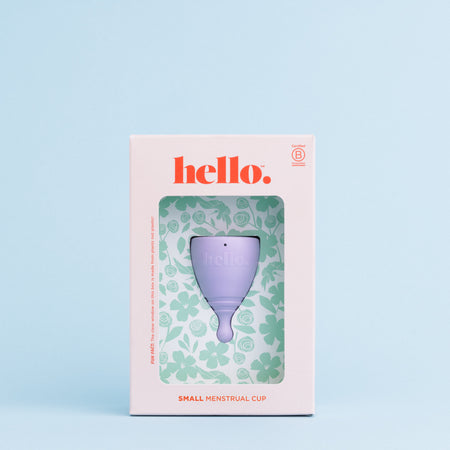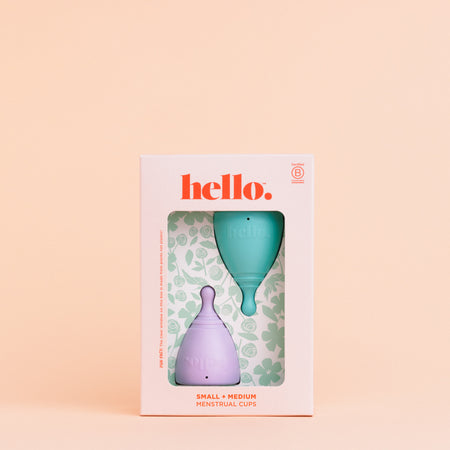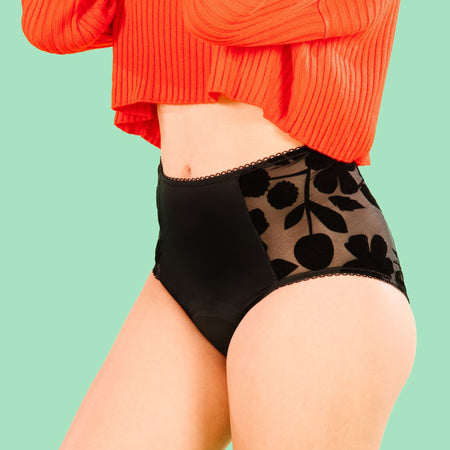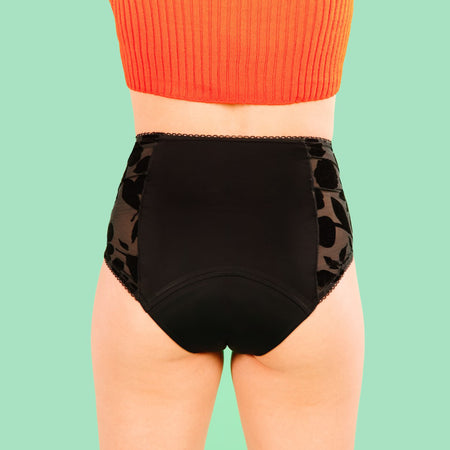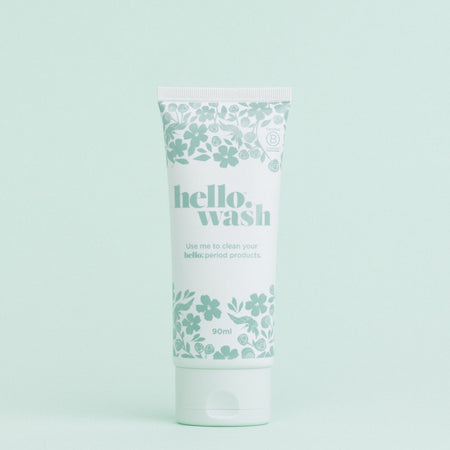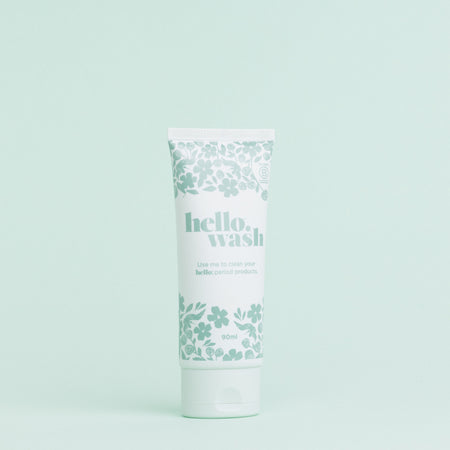As Kermit said, it ain’t easy being green but actually the hardest part is making the change.
The concept of Waste Free July has caught on and it’s actually a good time to take stock and look at ways you could make your footprint lighter.
Here are three super simple things you can do to be kinder to our planet:
1. Don’t Impulse Buy
If you see something you like, don’t buy it immediately. Give yourself a week to think about. Would you use it? Would you wear it? Is it going to last? Try to avoid buying things because of a trend - rather ask yourself is it something that you adore and is it well-made? Quality can cost more initially but it will stand the test of time. Buying mindfully will save you money in the long run - and you’ll also have a less cluttered house and wardrobe! Check out second hand stores - the quality and style of second hand furniture (especially from the 60’s and 70’s) and clothing is often better than what you can buy new anyway.
2. Switch to Reusable Period Products
If you have a period, reusable period products are a lot more planet-friendly than single use items like tampons and sanitary pads. If you ask us, they’re easier to use and more comfortable too. Menstrual cups, menstrual discs and period underwear are finally starting to become mainstream. Making the switch will save you money too. Hello Cups and Hello Discs and Hello Undies will last years and save you the equivalent of over 2000 single use items. Did you know the first tampon even used is still somewhere on the planet? They might look all cotton-y and soft, but many contain bleaches and microplastics and take hundreds of years to break down in landfill.
3. Share What You Are Doing With Others
Share your eco hacks with those around you. We love the mahi of our friends at Pare Kore. As a national Māori zero waste organisation, they provide education through wānanga that supports groups, whānau and communities to design out and reduce their waste in Aotearoa - including single use menstrual waste. We all learn by example and by showing your friends and family your eco hacks they’re more likely to make the change because they trust you over an ad popping up on their feed.
